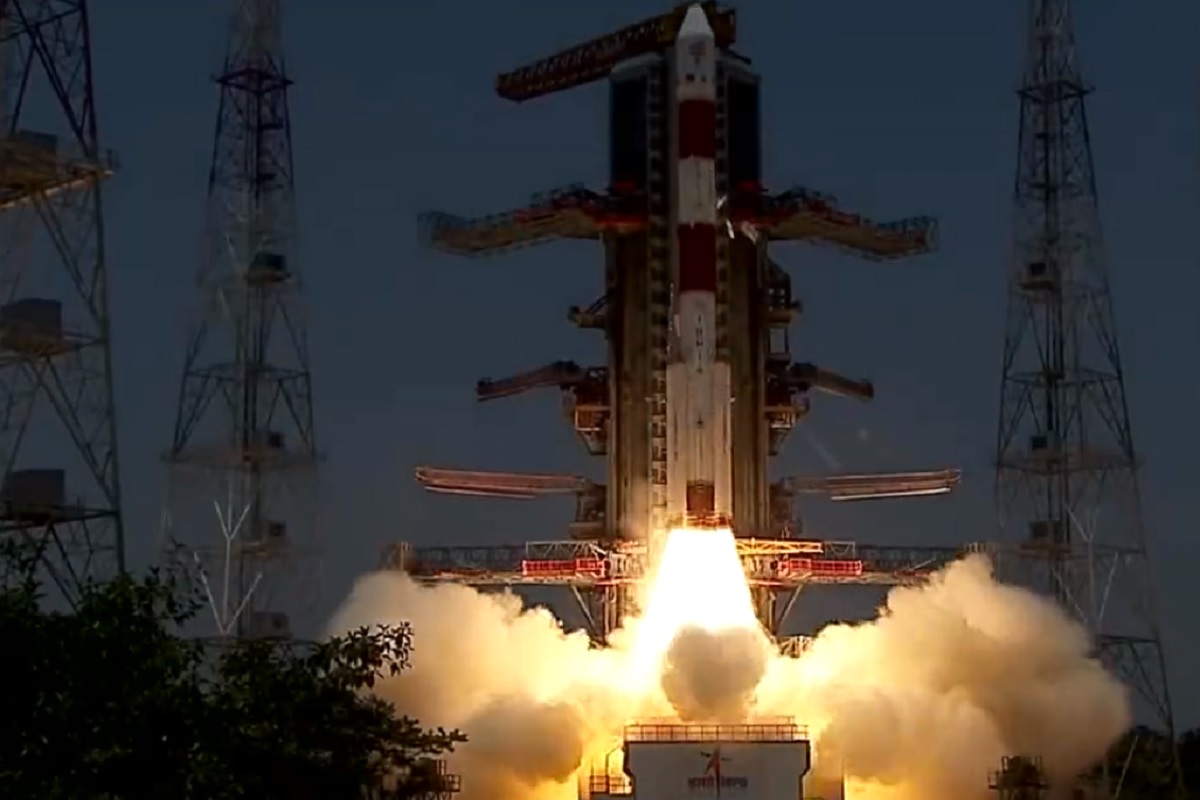Aditya L1 Mission Launch: The Indian Space Research Organisation (ISRO) successfully launched India’s first space-based solar mission Aditya L1 from the Satish Dhawan Space Centre at Sriharikota in Andhra Pradesh at 11.50am on Saturday. Aditya L1 is India’s first space-based observatory class solar mission that will stay approximately 1.5 million km away from Earth. The solar mission will study the outer atmosphere of the sun over the next four years.
Aditya L1 will not land on the Sun. It will be placed in a halo orbit around the Lagrange Point L1 in the Sun-Earth system. Aditya L1 will travel 1.5 million KM and take 125 days to reach its destination.
Advertisement
Aditya L1 spacecraft is carrying seven payloads – Visible Emission Line Coronagraph(VELC), Solar Ultraviolet Imaging Telescope (SUIT), Solar Low Energy X-ray Spectrometer (SoLEXS), High Energy L1 Orbiting X-ray Spectrometer(HEL1OS), Aditya Solar wind Particle Experiment(ASPEX), Plasma Analyser Package For Aditya (PAPA), and Advanced Tri-axial High-Resolution Digital Magnetometers.
Aditya L1 will help ISRO in studying the solar magnetic field around the sun. Another objective of the mission will be to analyse the solar wind, a stream of charged particles emitted by the Sun. It will also study the effect of solar activities around the Sun on the Earth.
The solar mission will cement India’s place among the world’s major space powers after historic Moon landing of Chandrayaan 3. On August 23, India became the first country in the world to land a probe – Chandrayaan 3 – near the south pole region of the Moon. If the lunar landing demonstrated India’s growing technological prowess, the Aditya L1 solar mission will further give India’s ambitious space program a much needed boost.











